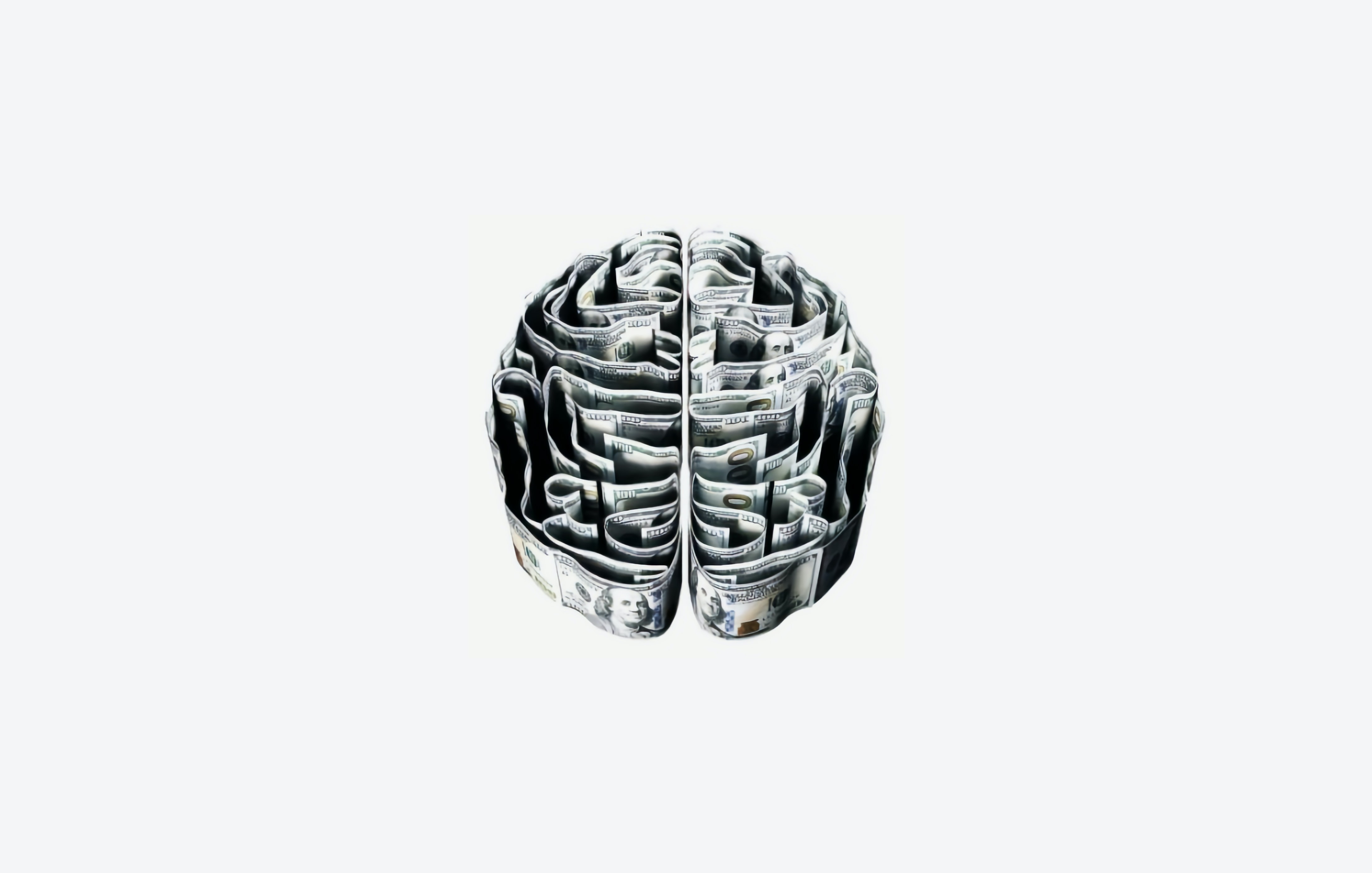The judgement came as a disappointment to those working in psychiatric care. Commentators have said the judgment is likely to provoke extensive professional and academic comment by tort lawyers as well as mental health campaigners.
During the pandemic, the Supreme Court of the UK has given another judgement after hearing the parties’ arguments via Webex video conferencing in May earlier this year. In the case, Henderson v Dorset Healthcare [2020] UKSC 43, the appeal was dismissed.
In 2010, the Appellant, previously diagnosed with schizophrenia, stabbed her mother to death during a psychotic episode, while under the care of a unit managed by the Respondent. The Appellant was convicted of manslaughter by reason of diminished responsibility. In her criminal trial, it was decided she did not bear a significant degree of responsibility for her acts. She was sentenced to a hospital order and detention under the 1983 Mental Health Act.
Then, the Appellant brought a negligence claim against Dorset Healthcare, claiming damages for the depressive disorder and post-traumatic stress disorder; for loss of liberty; for loss of amenity; £61,944 (the share in her mother’s estate which she did not inherit due to operation of the Forfeiture Act 1982); the cost of psychotherapy and the cost of a support worker. The Respondent admitted they were responsible for the failure to provide adequate care for the Appellant when her medical conditions were deteriorating.
Three important judgements were considered in this case: Clunis v Camden and Islington Health Authority; Gray v Thames Trains Ltd; and Patel v Mirza. In Clunis, the claimant, who had been convicted of manslaughter on the ground of diminished responsibility, claimed damages from a health authority for loss and damage which he said he had suffered as a result of his conviction and which could have been prevented if the health authority had provided appropriate care. His claim was dismissed, as courts are required by public policy to deny their assistance to claimants seeking to enforce a cause of action in tort if the claimant was implicated in the illegality and in putting forward his case he seeks to rely upon the illegal acts. In Gray, the House of Lords agreed that:
- Clunis had been correctly decided;
- That, in the context of a criminal conviction for unlawful killing, public policy precludes a claim by the killer from recovering damages in proceedings for negligence against the person whose act or omission is alleged to have been responsible for bringing about the claimant’s unlawful conduct in carrying out the killing;
- That there can be no recovery for damage which results from a punishment lawfully imposed for an unlawful act since it is the law which causes the damage and it would be inconsistent for the law to require compensation for that damage;
- That if the tortious conduct of the defendant merely provided the opportunity for the killing, but the immediate cause of the damage was the criminal act of the claimant, it is offensive to public notions of the fair distribution of resources that a claimant should be compensated (usually out of public funds) for such damage.
In Patel, the Supreme Court held that, notwithstanding the long-established doctrine of ex turpi causa (which prevents a claimant from pursuing a civil claim if it arises because of an illegal act by the claimant), a person who satisfies the ordinary requirements of a claim in unjust enrichment will not be prevented from recovering money paid because the consideration which has failed was unlawful.

Two issues were raised by the Appellant: whether Gray could be distinguished and, if not, whether the Court should depart from Gray in the light of the more recent decision in Patel v Mirza. The Claimant had contended that, instead of the principles of Gray, the courts should apply a more flexible policy test set out in Patel, which she argued supported her claim for damages. The Supreme Court considered whether the doctrine of illegality precludes a claimant who commits a criminal offence, during a serious psychotic episode, from recovering damages for loss arising out of that offence which she would not have committed but for the defendant’s negligence.
The Supreme Court unanimously upheld the decision of the Court of Appeal that the Appellant could not claim damages because of the doctrine of illegality. It was decided there was no reason to see Clunis or Gray as wrongly decided. Moreover, the Court found that Gray could not be distinguished, as the key issue there was that the Claimant was found to be criminally responsible, just like in the present case. The essential reasoning in Gray was found to be consistent with the approach adopted in Patel. Thus, their principles remained binding and for that reason the appeal was dismissed. That is so because:
- The Appellant had been convicted of a serious criminal offence;
- Since she was not given the verdict of not guilty by reason of insanity, it cannot be said that she did not know that what she was doing was wrong. The Court decided it was not in a position to undermine the outcome of the criminal proceedings.
- The Appellant’s case relied on her criminal act of manslaughter, which made it materially identical to Clunis and Gray so far as the application of public policy is concerned.
The judgement came as a disappointment to those working in psychiatric care. Commentators have said the judgment is likely to provoke extensive professional and academic comment by tort lawyers as well as mental health campaigners.


Join the conversation!